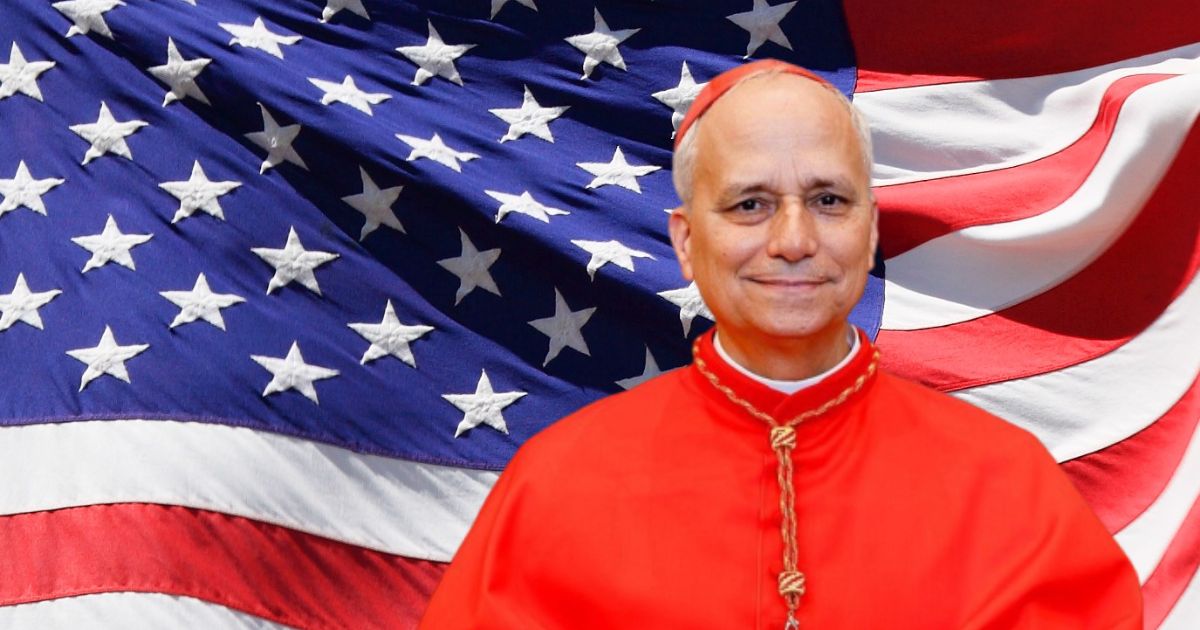The new leader of the Catholic Church has been selected. Pope Leo XIV is now making history as the first U.S.-born pontiff ever. As he gears up for his highly anticipated papal inauguration on May 18, many are wondering if he will have to pay United States taxes. According to the Internal Revenue Service, there’s a chance Pope Leo XIV would require some mandatory filing, but there are some complications.
According to the tax experts, although the Pope would be living at the Vatican, he possesses U.S. citizenship and, therefore, would be subjected to annual tax returns because of a unique policy in the United States. As per this policy, all Americans are taxed on their worldwide income. The IRS website clearly mentions that people need to report their wages and other income sources, both domestic and foreign, on the Form 1040.
Pope Leo XIV will receive an estimated $400,000 annual salary, excluding other perks like housing, meals, and transportation. This is good enough to fit the second-highest tax bracket of 35%.
Newsnation reports that Caroline Bruckner, a tax professor at American University’s Kogod School of Business, says, “The U.S. is unique among developed countries in that it taxes U.S. citizens on their worldwide income.”
“If you’re a U.S. citizen and you live outside the U.S. for a full year and earn income, you generally may be subject to a tax return filing like everyone else.”
As an American citizen, it would seem that Pope Leo XIV is required to pay income tax
— Fr. Paul (@BackwardsFeet) May 8, 2025
For 2025, Americans living abroad need to file returns if their earning are above $130,000. This threshold has been getting updated over the years according to inflation. Bruckner further explains that Pope Leo XIV likely won’t earn his money as a formal salary. However, his income from other sources, such as speaking engagements, could trigger scrutiny, even if he donates back to the church, following the traditions of his predecessors.
However, there are some complications in this particular situation, as Pope Leo is also about to take on the role of the head of the Vatican Bank. In 2015, Pope Francis signed a deal with the United States. As per this agreement, all Vatican accounts are subject to U.S. banking and reporting requirements. At that time, it was never expected to be applied to an American Pope, as there was none, until Leo XIV.
Does Pope Leo XIV owe taxes to the IRS?
It’s pretty complicated…
Here’s how U.S. tax law applies even inside the Vatican walls:
— The Money Cruncher, CPA (@money_cruncher) May 9, 2025
Michael Faulkender, acting IRS commissioner, was asked about the Pope’s tax status. However, his response was rather inconclusive. “It’s based upon where the income is generated. I don’t know enough about Pope Leo, but I believe he is going to generate that income in the United States.” He added, “I don’t know enough about his citizenship to know whether or not there would be a tax on him.”













